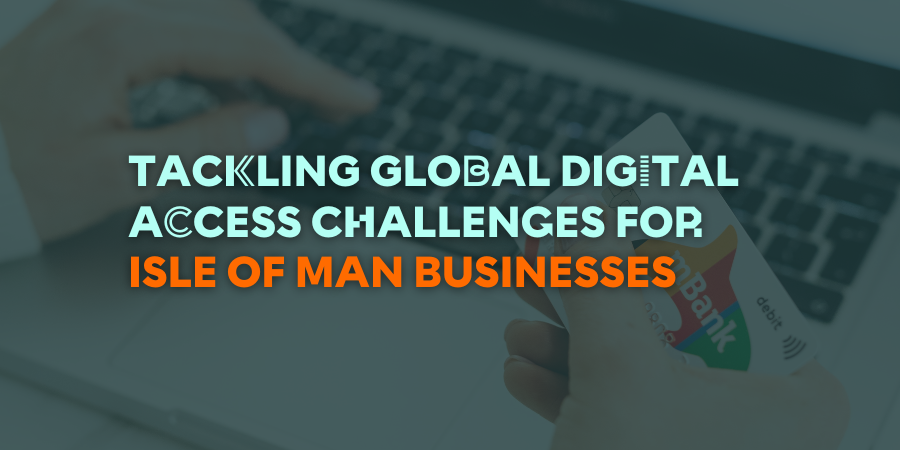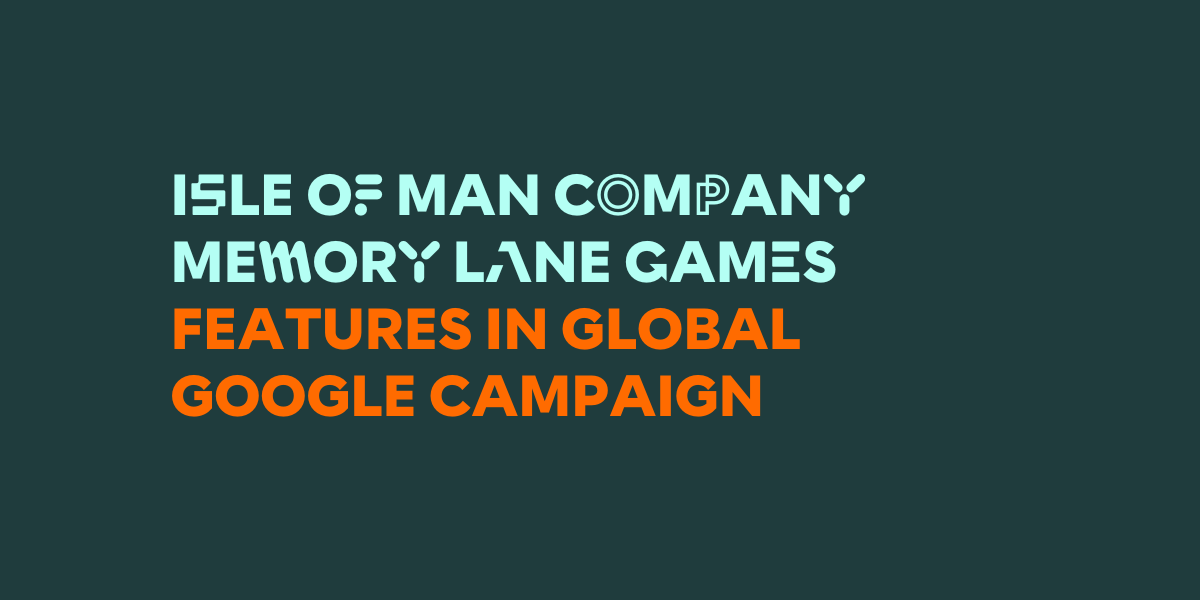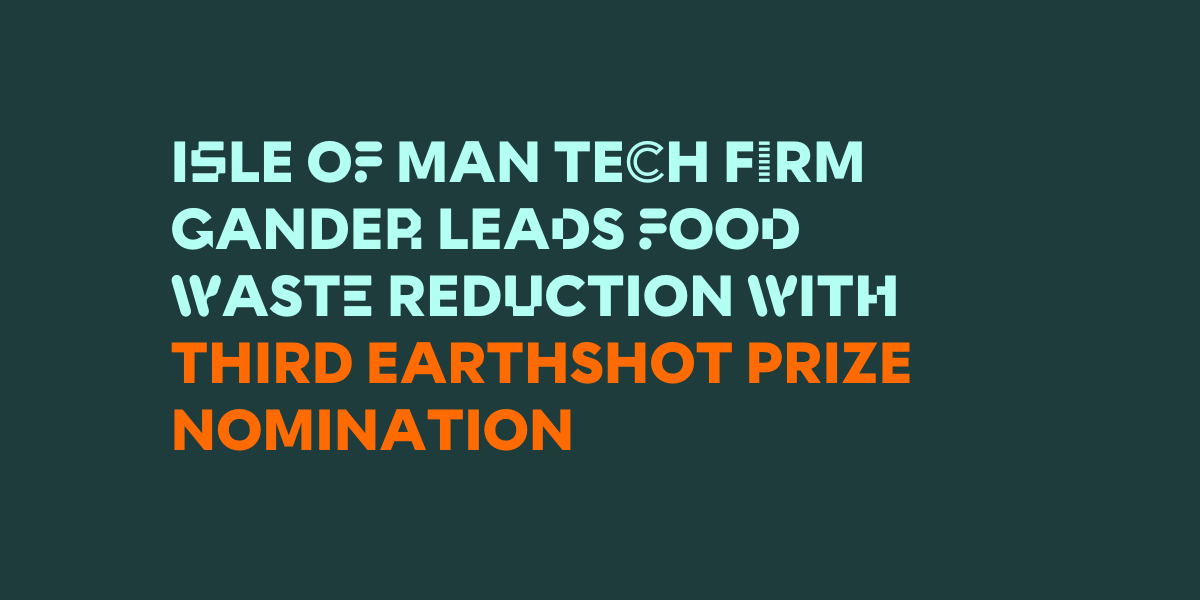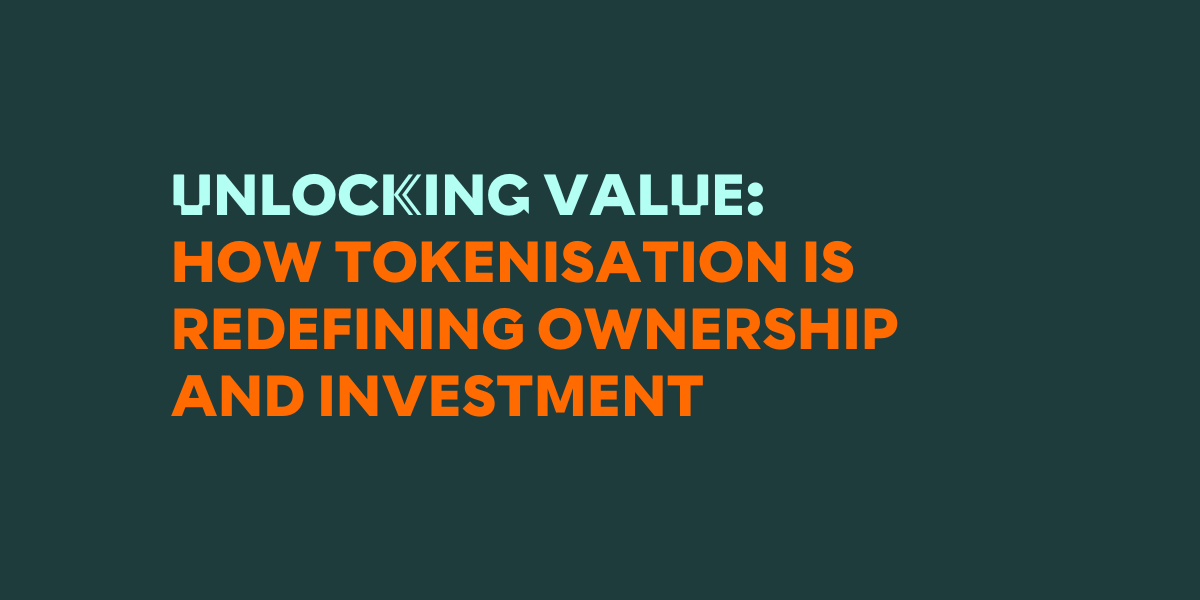The art of protection: players, profits and reputation
20 November 2020

With the ever-growing eGaming sector continuing to evolve at a rapid pace, predictions can often be null-and-void. However, one thing that’s certain to be a focus for the foreseeable future is player health, protection and safety. As consumer rights, satisfaction and transparency continue to gain prevalence across all sectors and regulation about user safety, privacy and data tightens, the eGaming world must react.
In this article, I will discuss research findings, explore previous oversights and suggest an approach the industry as a whole, including the Isle of Man, can look to adopt to prevent problem gambling without damaging the countless positives provided by eGaming.
Over the last three years, the UK Gambling Commission and Cross-Party lobbying groups have been campaigning for more stringent regulation within gambling and now, as these conversations gather pace and support, it is a question of whether the sector should jump before it is pushed. Whilst change may impact businesses’ pockets in the short-term, taking significant action to ensure player health, encourage responsible gambling and establish a protected gambling environment will reap happier and safer customers in the long term, not to mention the reputational boost the industry would receive.
So I believe now is the time for proactivity. Professionals in the industry must work alongside regulators, accept the outcomes of research insights and make a conscious effort to support an atmosphere that retains the excitement of gambling, without risking the wellbeing of consumers.
Often ahead of the curve, UK banks have already responded by introducing measures on mobile apps that allow users to block deposits to gambling companies.
Following the recent credit card ban in the UK we are now seeing the government reviewing a new list of measures and recommendations including stakes, gameplay, VIP’s and advertising.
Questions are also being asked about how successful current procedures intended to prevent underage gambling and advertising to this demographic are. For example, a UK-wide review is currently looking into banning betting companies being shirt sponsors of football teams, a measure that has proven successful in Italy. Despite the enormous financial clout and growing trend of sports sponsorship, these plans demonstrate the severity of the case involved and the need for the sector to respond, before their hand is forced.
Other plans to ensure Responsible Gambling measures are fit for purpose include reviewing funding for research, education and treatment, and the more controversial idea of introducing Speed, Spend, and Stake restrictions in a similar format to FOBT’s.
Whilst each of these precautions would have a positive effect on player health, they would also have a considerable impact on the UK industry. The latter proposal, in particular, would have vast consequences on international companies that have substantial UK business within their portfolio.
So how can the sector protect their business interests without risking the safety of players?
The best plan of action for the eGaming sector would be to focus on Responsible Gambling (RG) measures that would increase player protection ahead of further lobbying and regulatory speculation. Putting money into projects and research would emphasise companies’ commitment to the cause, whilst simultaneously deflecting the negative commentary the industry is regularly subjected to.
This does not need to be a huge task as many operators are already running research projects looking into programmes with algorithms and machine learning designed to identify ‘problem gamblers’. However, these programmes presently remain under the radar and often exist independently of one another. This provides an exciting opportunity to co-ordinate industry-wide research; streamlining resources and funding leading experts to work with international universities.
As companies begin to realise the importance of responsible gambling research and are already funding it, a joint campaign would help to create a self-supporting organisation that manages research, education and treatment. All of which would combine to keep player health at the forefront of industry minds and minimise negative financial implications.
Often subject to intense scrutiny, this proactive approach to creating a highly regulated environment, that emphasises paramount player protection, would shine a positive light on the sector. Furthermore, contributing the resulting expert research into responsible gambling reports would also increase the pool of information available to users and steer the direction of further research and legislation. For instance, if industry-funded research discovered trends and habits of problem gamblers, they would be well-placed to inform and work alongside both regulatory and legislative bodies. It is often far easier to tackle problems that are understood as opposed to reacting to new information and data.
After a few years of committed research and as studies develop and progress, the industry would be better prepared to update current systems to help customers, introduce new products, and understand user-journeys and how evolving technology can be implemented across the sector.
Indeed, it is now a question of when, rather than if, this commitment will take off, and it will be the first jurisdictions to act that will be considered centres for excellence in responsible gambling. The Isle of Man is fully committed to learning more about ‘problem gambling’, how to prevent it and we hope that international communities and jurisdictions around the world follow suit. If we can encourage the establishment of progressive gambling initiatives then players, profits and reputations around the world will be safer and better protected.





